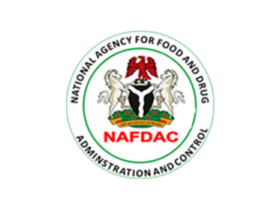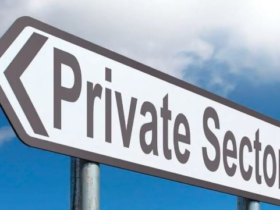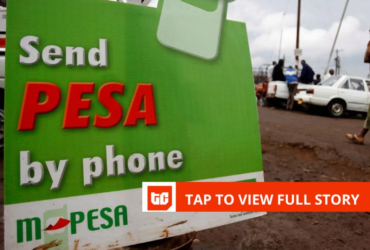Due to the recent surge in fuel prices in Nigeria, ride-hailing platforms are contemplating increasing ride fares. This decision comes after two months of fuel shortages, prompting companies to strike a balance between meeting the needs of drivers and maintaining affordability for passengers.
Uber’s Nigerian country manager, Tope Akinwumi, mentioned that they are currently reviewing the situation and exploring ways to minimize the impact of the fuel price increase on driver earnings. The goal is to ensure that Uber remains a preferred choice for drivers while keeping the service affordable for riders.
With the rise in fuel prices, drivers anticipate platforms like Uber and Bolt to adjust fares accordingly. In response, some drivers are turning to platforms like Indrive, which employs a bidding system allowing drivers and riders to set fares collaboratively.
As fuel prices continue to affect operations, ride-hailing customers in Lagos are experiencing frequent surge pricing due to reduced driver availability. The imbalance between driver supply and passenger demand often leads to increased fares.
Drivers are closely monitoring how ride-hailing companies will react to the fuel price hike before resuming operations. The uncertainty in fuel availability has caused delays and scarcity, influencing driver decisions regarding working hours and potential fare adjustments.
Bolt, another prominent ride-hailing platform, has not provided any comments on the matter. The current situation has put ride-hailing platforms in a challenging position as they navigate customer expectations, driver demands, and the broader economic climate.














Leave a Reply